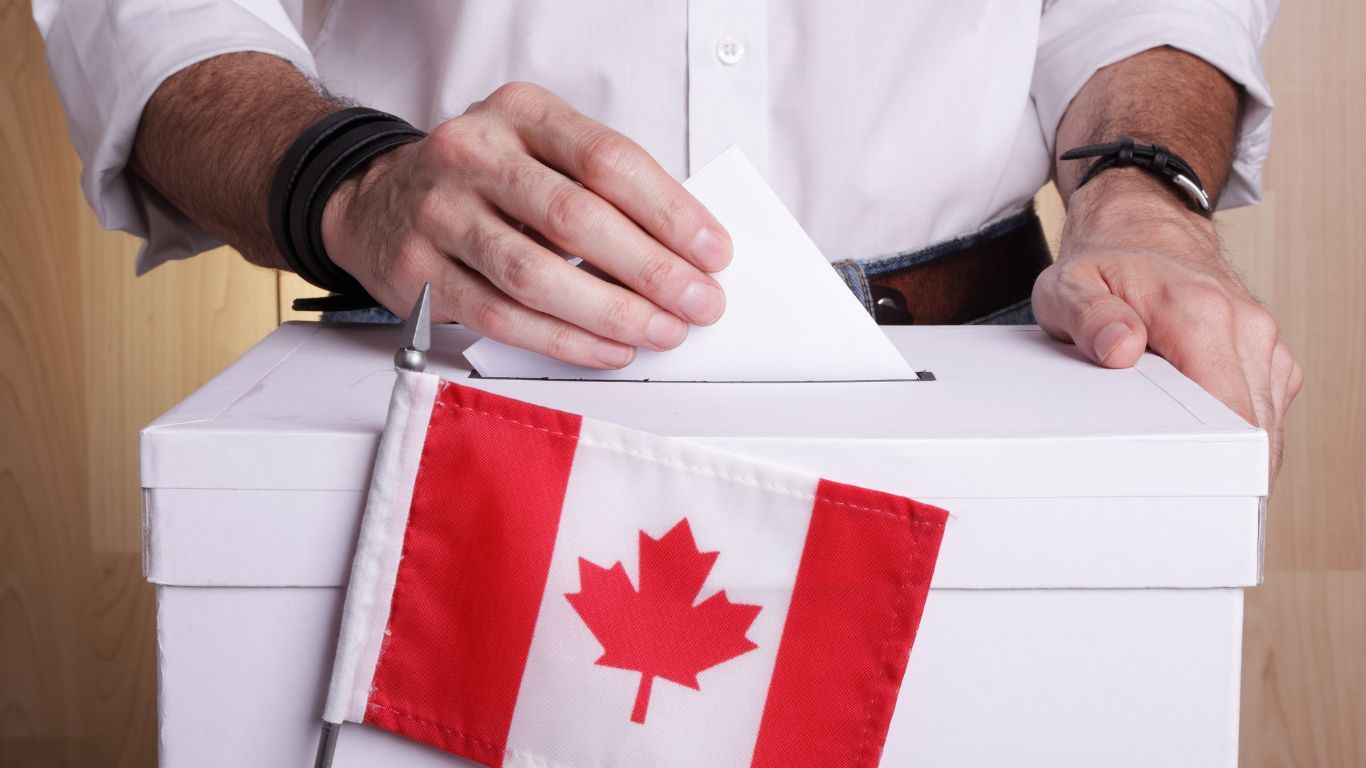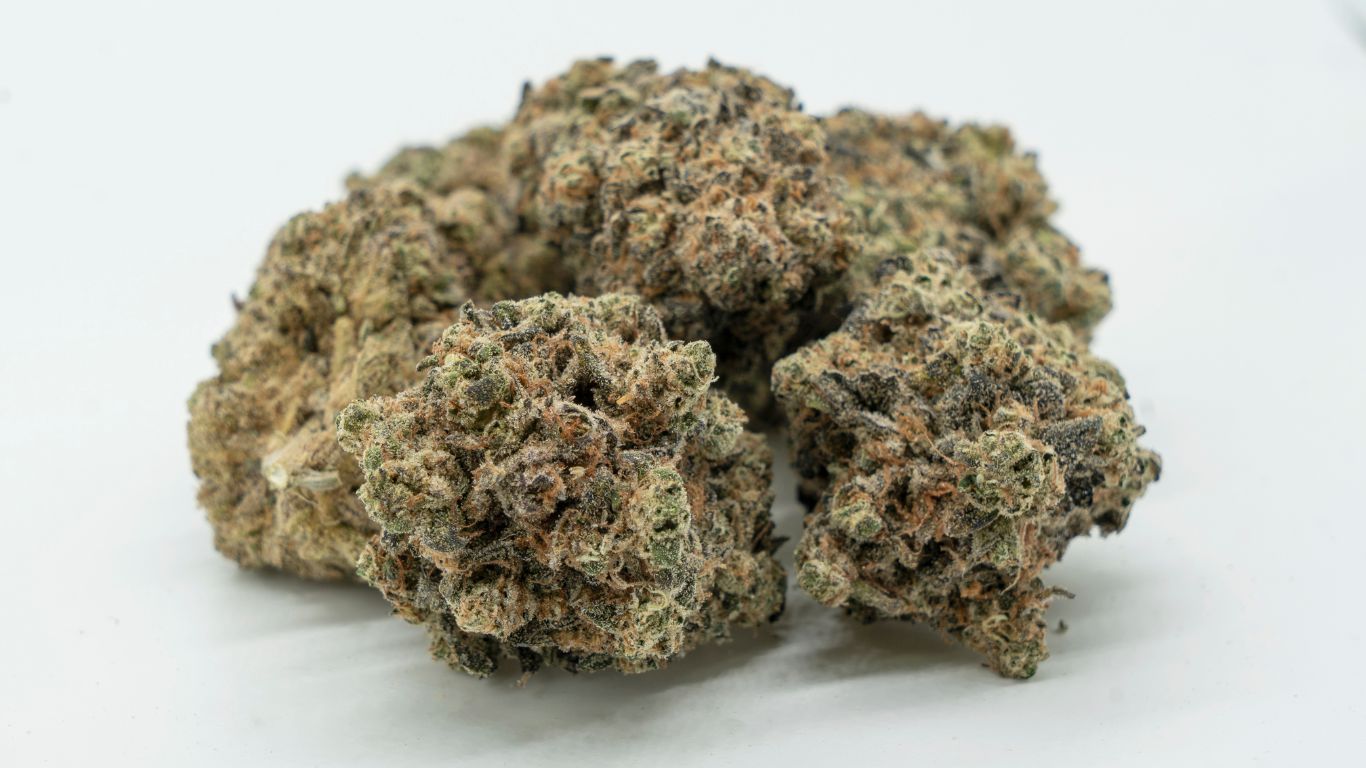
A number of medical providers have started to offer pre-rolled joints in addition to dried flower by the gram, raising questions on the validity of pre-rolls as a medical device. Does offering pre-rolls encourage patients to smoke rather than vape? Or are providers offering cannabis in an accessible consumption medium?
It is ableist to deny this inexpensive method of inhalation for acute relief. Many patients can barely afford their medication, let alone a vaporizer.
Kieley Beaudry, CEO and co-founder of Parkland Flower
According to Ontario pharmacist Rahim Dhalla, pre-rolls or any other product that encourages smoking, should not be sold through medical providers. Dhalla, owner of Hybrid Pharm, stated medical providers who offer pre-rolls are hypocritical and go against the College of Pharmacy strategy. Advocates vocally disagreed with his statement, calling it impractical and ableist within the current legal framework.
As a healthcare professional or an entity, selling pre-rolls or cannabis products for the exclusive purposes of combustion is enabling. It is suggesting that smoking is ok and otherwise not harmful.
Rahim Dhalla, Pharmacist
Kieley Beaudry, CEO and co-founder of Parkland Flower responded to Dhalla saying “It is ableist to deny this inexpensive method of inhalation for acute relief. Many patients can barely afford their medication, let alone a vaporizer. You should be pushing the government and insurance companies to cover this type of medical equipment, instead of critiquing providers and patients. Affordable access is still way out of reach for many patients.”
According to Jamie Shaw, an industry veteran and Director at the BC Independent Cannabis Association, pre-rolls can be a matter of accessibility. “Patients deserve as many options as possible, and pre-rolls are still an important format,” shares Shaw. “Other methods of ingestion don’t provide the same effects, even vaping does not work the same for everyone. In my experience, a majority of those purchasing dried flower are most likely to consume it in a joint format.”
Other methods of ingestion don’t provide the same effects, even vaping does not work the same for everyone.
Jamie Shaw, Director at BC Independent Cannabis Association
Patients rely on pre-rolls as an accessibility device, unable to roll their own joints or fill a vaporizer. Pre-rolls can also be ideal for some patients due to their rapid onset. Other medical market products like sublingual oils and sprays take 60-90 minutes for effect while combusting cannabinoids is instantaneous. “Not everyone can grow for themselves, and not everyone can roll for themselves. If a patient reports relief from smoked cannabis, I think they should have that option.”
In an interview with StratCann, Dhalla expands on his critique of pre-rolls, sharing how he feels offering the product does the industry a disservice. “I believe it is our duty within the medical space to be advising against the use of combustion as a form of medicating. As a healthcare professional or an entity, selling pre-rolls or cannabis products for the exclusive purposes of combustion is enabling. It is suggesting that smoking is ok and otherwise not harmful.”
Dhalla acknowledges that there are reasons patients choose to combust cannabis, adding that he doesn’t judge patients who smoke as a method of medicating. While he understands the pharmacology, bioavailability, and need for rapid action for acute symptomatic mitigation, it isn’t enough to change his professional opinion. “If we are trying to destigmatize cannabis as a medicine, then we must treat cannabis as a medicine,” says Dhalla. He explained that by selling products that promote smoking, doctors and healthcare professionals won’t consider medical cannabis as a treatment option due to the possible risk to patient health. Dhalla raises a good point about the perceived legitimacy of medical cannabis in the minds of healthcare workers. Doctors may be willing to prescribe opioids to a patient but they wouldn’t condone smoking opium – can we expect them to approach cannabinoids differently?
“A patient consuming a pre-rolled joint is inhaling these products which can cause damage, albeit reversible, to the lungs leading to coughing, wheezing, exercised induced shortness of breath, and increased sputum production,” cites Dhalla. The study concludes that the accumulated weight of evidence implies far lower risks for pulmonary complications of even regular heavy use of marijuana compared with the grave pulmonary consequences of tobacco. Combusting cannabis may not have the same harms as tobacco but that doesn’t mean it is without risk.
If we are trying to destigmatize cannabis as a medicine, then we must treat cannabis as a medicine
Rahim Dhalla, Pharmacist
Shaw doesn’t believe that smoking and vaping cannabis is an apples-to-apples comparison to other products like tobacco. “The idea that vaping cannabis is safer than smoking has not been proven. Encouraging people to ingest in a way that may not meet their needs (and in some cases is directly opposite to what the patient is reporting) due to ideological hangups doesn’t sound like medicine to me.”
At this point in time, cannabis patients want, and deserve, access to pre-rolls. That said, what patients really need is affordable access to smokeless, rapid onset, effective and reliable doses of cannabis medicines. By offering pre-rolls, medical licence holders allow patients to make their own choices on how to consume their medication. Until there are products for sale with the same efficiency and rapid onset, pre-rolls continue to be an important product for patients.
Many patients wait in anticipation for ‘cannabis 3.0’ where innovative technology may remove the need for pre-rolls. Devices and products such as nebulizers, metered dose inhalers, rapid dissolve tablets, and true sublingual tinctures could very well be the future of medical cannabis. “We need more research and development into these types of products. The lungs are a fantastic organ, hence why we use Ventolin, nebulizers and steroid inhalers in times of need,” explains Dhalla. “We should be looking to develop a safer alternative than combustion.”











